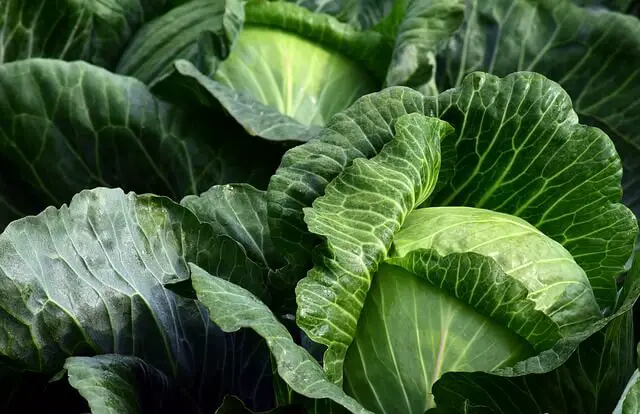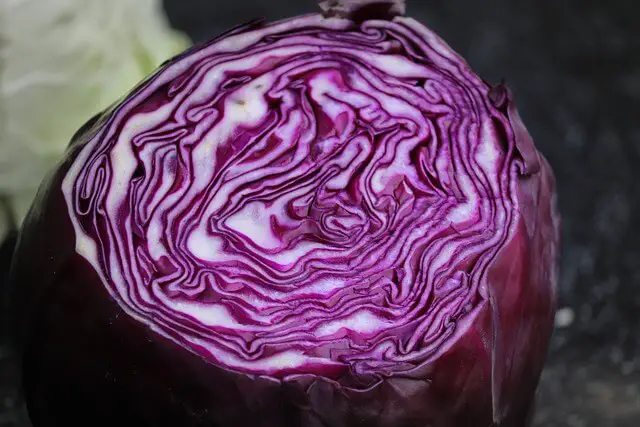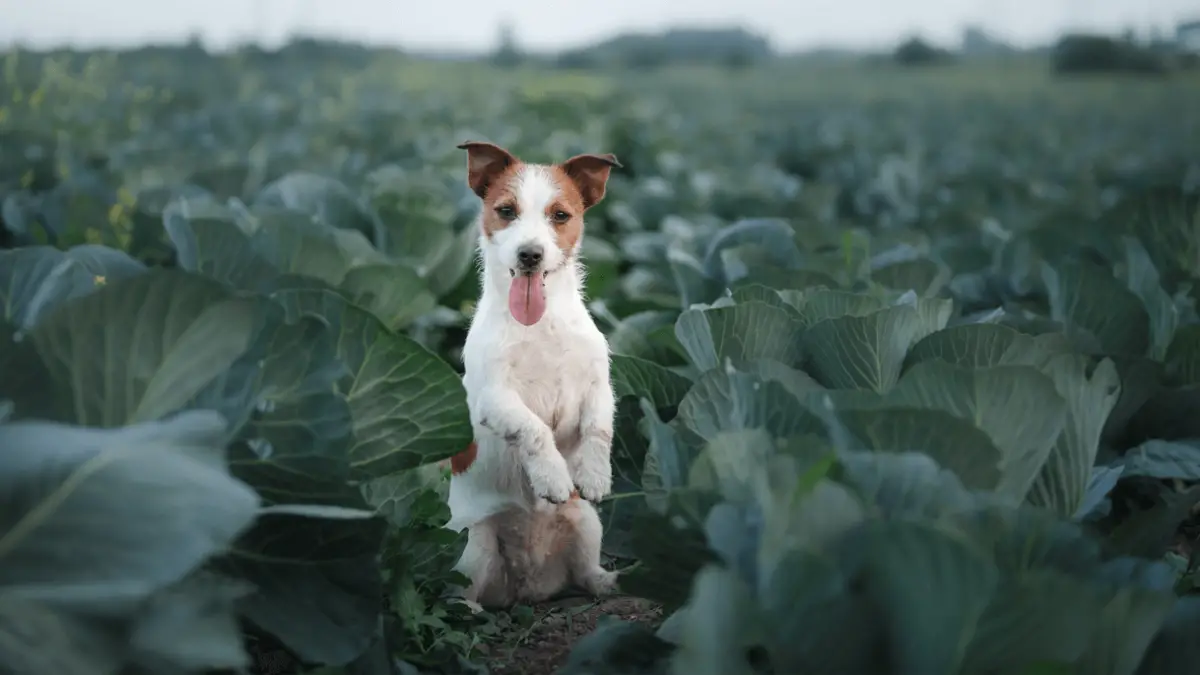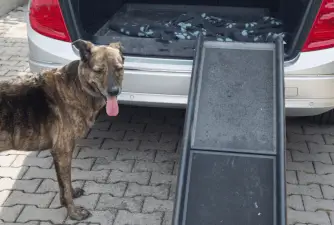Can Dogs Eat Cabbage?
20.02.2021.
Cabbage is a cheap veggie that humans love to add to their foods. It is packed with vitamins and nutrients, and it’s commonly added to different stews. If you have a dog, you probably noticed that they would love to get a piece of whatever it is you are eating, and if that happens to be cabbage, they want that too. But the question is - Can dogs eat cabbage? Is it safe for them? Here is what you need to know about sharing this vegetable with your dog.
Is cabbage safe for dogs?
Not only can dogs have cabbage, but it is also very beneficial and healthy for them. If you think about spicing up your dog’s diet, then adding leafy, green veggies is an excellent place to start. You can prepare it in several ways, and your dog will most likely love the taste, especially if you chop it and mix it with their usual kibble.
Want to read more about safe fruits dogs can eat? Check out this article - Safe fruits for dogs.
Health benefits of dogs eating cabbage
Green vegetables can offer us plenty of health benefits, and they do the same for our dogs. It might take some time to get used to the taste, but dogs usually don’t have that problem. Cabbage is packed with healthy nutrients, especially fiber and different vitamins. It can be considered a superfood, and your dog will profit if you include cabbage in their diet. Here are some healthy nutrients cabbage contains;
- Dietary fiber - Cabbage is packed with healthy dietary fiber, an essential part of a well-balanced diet. It is especially beneficial for dogs with diarrhea because fiber adds bulk to their stool and soaks up additional liquids.
- Vitamin B1 - This vitamin is an essential part of converting food into energy. If the body lacks vitamin B1, that process cannot work properly. We can feel tired, powerless, and experience loss of appetite. The same goes for our dogs.
- Vitamin C - Vitamin C is essential for several processes in the body. It is a part of creating and repairing body tissue; it boosts the immune system, helps form collagen, and absorb iron.
- Vitamin K - Vitamin K’s importance is often forgotten, but it plays a vital role in blood clotting. It helps the wounds to heal, and recent studies proved it plays a role in keeping the bones healthy.
- Manganese - Manganese is an essential mineral the body needs for the activation of different enzymes. It also helps digest protein and different amino acids.
- Phosphorus - Phosphorus plays a vital role in the formation of bones and teeth. Plus, it plays a crucial role in creating protein necessary for growth.
- Copper - Copper is another vital mineral that is necessary for red blood cell production. It also helps keep blood vessels, bones, nerves, and immune systems function properly.

Additional benefits
One of the best things about cabbage for humans and dogs is its anti-cancer properties. Cabbage, especially red cabbage, is packed with antioxidants that help protect cells from free radicals.
The compounds in cabbage are called phytonutrients, and they do wonders for our dog’s health. They reduce the total number of free radicals in the cardiovascular system, which reduces the risk of not only cancer but stroke and heart problems as well. Plus, it boosts the immune system in a very natural way.
One of the best vegetables you can feed your dog is pumpkin. Check out this article for more information - Pumpkin for dogs.
Can cabbage be dangerous for dogs?
There are some potential risks involved with dogs eating cabbage, but it is mostly connected to overeating. The same problem can occur in humans. Make sure you talk to your vet before introducing anything new to your dog’s diet. The most important thing is to control your dog’s cabbage intake and make sure they don’t eat too much of it. The problems associated with dogs eating too much cabbage are:
If you see any of these things happening, stop feeding your dog cabbage or significantly lower the amount you feed them. Cabbage is completely dog-friendly and usually doesn’t cause any problems. Still, it is never a bad idea to be careful.

Hypothyroidism
There is another potential danger regarding dogs eating cabbage - hypothyroidism. Vets managed to prove the link between eating too much cabbage and hypothyroidism because of a compound called thiocyanate. This compound affects the proper functioning of the thyroid gland and can create health issues for your dog. If you are interested to learn more about this problem, check out this article - Hypothyroidism in dogs.
How to serve your dog cabbage?
There are plenty of ways you could serve your dog cabbage. Dogs can eat it raw or cooked; just keep in mind not to give them too much. All types of cabbages are safe for dogs, Savoy, red, purple, or Napa; just make sure you don’t use any spices or salt while cooking. Dogs have a delicate sodium balance, and too much salt can be dangerous for them.
World Dog Finder team







Share